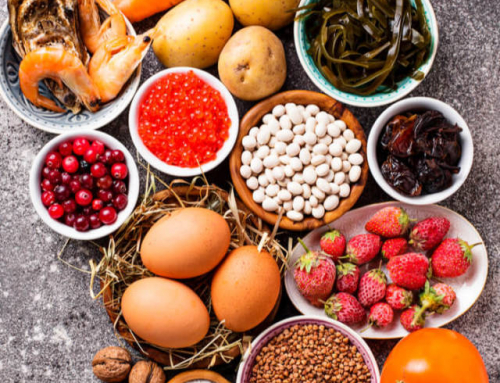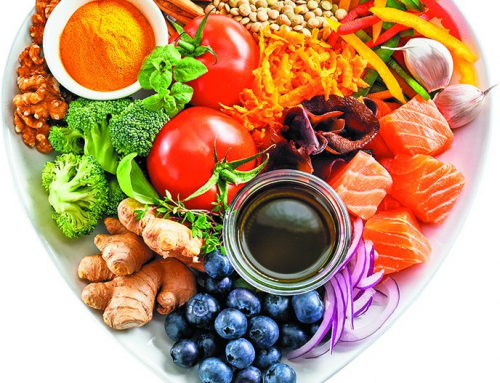With the mornings becoming cooler and days shorter as we tick over into autumn, now is a good time to refresh the latest nutrition information to help you fit and healthy over the traditional ‘cold and flu’ months.
Vitamin D
The “sunshine vitamin” is most well known for its role in bone health but is now understood to also have an important role in immune function. As we head in to the winter months, it’s a timely reminder that living and training in the southern states of Australia where the latitude limits UVB exposure and therefore Vitamin D synthesis increases the risk of suboptimal Vitamin D levels.
There is still some debate internationally as to the “optimal” level of Vitamin D however, the 2013 Position Statement Vitamin D and health in adults in Australia and New Zealand suggests that for optimal musculoskeletal health, a serum 25-OHD level of 50 nmol/L at the end of winter (10-20 nmol/L higher at the end of summer, to allow for seasonal decrease) is required.
Recommended sunlight exposure during winter for athletes living in the southern states is between ~25-45 minutes/day. Dietary sources of Vitamin D are limited yet small amounts can be found in oily fish, egg yolks, mushrooms and fortified milks and margarine. Given the difficulty in obtaining Vitamin D from the sun and diet during the winter months, supplementation with Vitamin D3 may be required for athletes who are Vitamin D deficient.
Probiotics
Probiotics are live microorganisms that have been shown to have beneficial effects on gut health and immune function. A recent Cochrane review reported that prophylactic supplementation of probiotics can be beneficial in preventing acute upper respiratory tract infections. Similarly, research conducted at the Australian Institute of Sport found favourable reductions in the number of symptom days and symptom severity of respiratory tract infections in athletes using probiotics.
For those looking for a natural source of probiotics, athletes consuming a daily dose of YakultTM over a 16 week winter training period have been shown to have a lower frequency of upper respiratory tract infections than those who weren’t taking it regularly.
Zinc
Interest in zinc comes from its ability to inhibit replication of rhinovirus, the most frequent cause of the common cold. A 2013 Cochrane review found that taking zinc lozenges within 24 hours of the onset of symptoms reduced the duration of the common cold. Foods naturally high in zinc including seafood (especially oysters), red meat (especially liver), cereal products and baked beans could also be a good addition to your daily nutrition when sick.
Vitamin C
Despite its popularity, there is little evidence to support the use of high doses of Vitamin C for preventing the common cold. While some research suggests that Vitamin C may have favourable effects on reducing the duration of cold symptoms, there is insufficient evidence to make recommendations on the optimal dose and duration of supplementation to benefit recovery from the common cold. There is also a growing body of evidence to indicate that chronic supplementation of antioxidants can actually be detrimental for performance in athletes suggesting that a diet rich in fruits and vegetables, that provides a variety of nutrients, may be more beneficial (and less harmful) than supplementing one nutrient in isolation.
Iron
There is research to suggest that low iron levels in athletes are associated with reduced immune function, leaving them more susceptible to colds and flu (particularly during heavy training phases). Athletes, particularly females, should be encouraged to include iron containing foods regularly as part of a balanced diet. Great iron rich options include lean meats, eggs, legumes, almonds, tofu, dried apricots, fortified breakfast cereals and other products with added iron such as MiloTM . It’s important that iron supplements are not taken without recommendation from a GP after a blood test as excess iron in the body can be dangerous.
Carbohydrates
There is good evidence to support the role of carbohydrates in counteracting the immune suppressive effects of exercise – dampening the rise in cortisol and other stress hormones. It’s important that during heavy training phases, particularly during the winter months that athletes are mindful of their carbohydrate intake around exercise.
So there you have it, a quick snapshot of the latest information on the role of nutrition and immune function to help you stay healthy this cold & flu season. If you’d like to know more, or to develop your own wellness nutrition training plan, get in touch with Ali http://www.alisonpatterson.com/contact/









